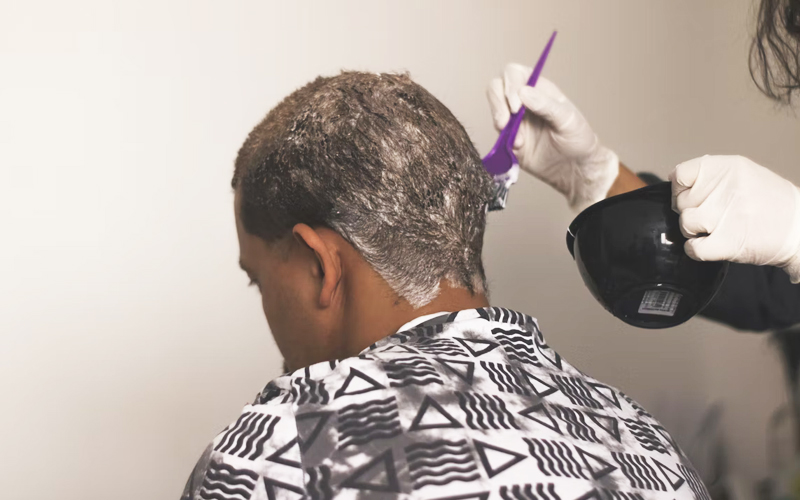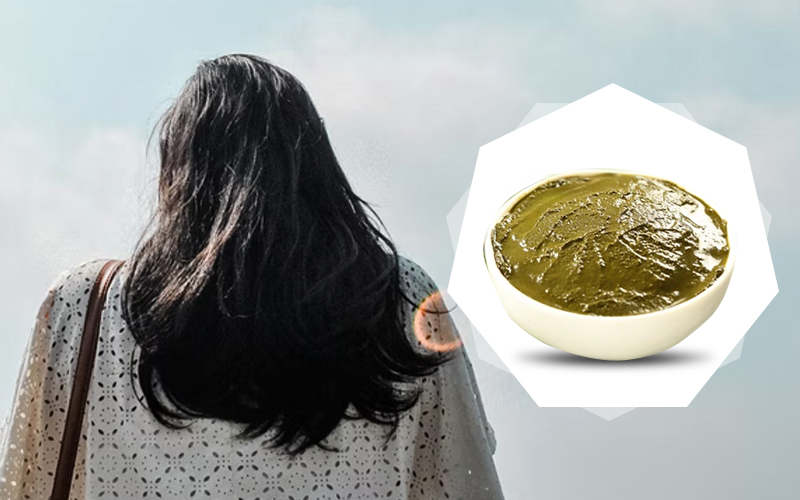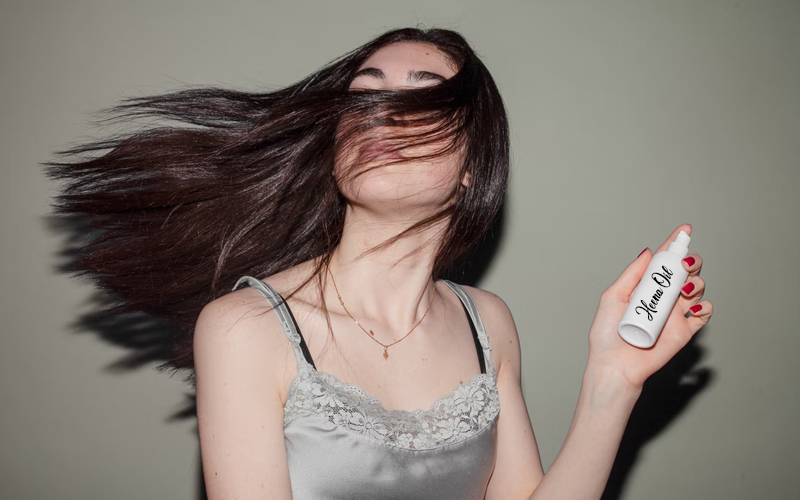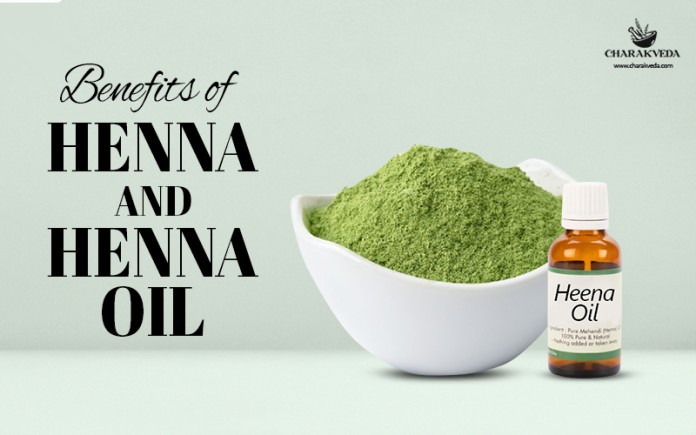Heena is a flower like plant from Lythraceae of the Loosestrife family that includes almost 620 species. Henna is known as Lawsonia inermis botanically, the only plant species in the Lawsonia genus. India, North Africa, West Indies, and Australia are the native of Heena. They are found in the warm parts of North and South America, Australia, and the West Indies.
This plant has many vernacular names but it is recognized by the name ‘Henna’ in th bce whole world. People mostly think about their hair dye when you ask about this plant to them. Henna is a dye prepared from the plant that is dark brown or red colored. The dye is used for hair coloring or as a temporary tattoo on the hand or legs. In India, Pakistan, and other Southeast parts of Asia Heena is also known as Mehndi or Mehendi.
Read Also: Chirata Benefits For Better Health
Henna is the most liked female beauty aspect in India and in the Indian wedding, there is a tradition that is followed before marriage called the ‘mehndi function’ in which the bride gets the henna art done on her hand and legs.
What is Heena / Mehendi?

Heena is probably defined as a dye for skin and hair and is known as Heena in different ways around the world. It is traditionally used by various cultures in terms of medicinal or beauty use. The plant can be identified with its small dark green leaves, fruits, and small pink flowers. In Aqueous extracts, salves, and tinctures the plant parts such as bark, leaves, and seed are used for the dye form.
It is considered a valuable plant because of its versatile property in medicine and beauty activities and substance in many traditional medicines like Ayurveda. Heena is available in the form of oil, bark, dried leaves, dried seeds, and powdered form for medicine application. The parts of the plant contain amounts of chemical constituents and nutritional values. It helps in boosting anti-inflammatory, antiviral, astringent, hypotensive properties, and antibacterial.
Read Also: Top 3 Easy Ways to use Indian Home Remedies for Hair Growth
Benefits of Heena

- Relieve from Headache : The Heena flower can help you in reducing headaches due to sun heat. A plaster is prepared from heena flowers that are soaked in vinegar and topically applied over the forehead that can relieve the headaches. To relieve migraines, aches, and head cramps the juice of the henna plant can be used on the skin. For reducing the tension and stimulating blood flow in the capillaries, leading to headaches the anti-inflammatory and cooling effects of the plant help a lot.
- Help to ease Arthritis Pain : Heena leaves have cooling compounds that relax the nervous system when applies as Mehendi on feet and hands. It helps in reducing arthritis pain and inflammation symptoms. To get relieve arthritic and rheumatic pains henna oil is topically applied to the affected regions. Due to the deterioration of cartilage and muscles, aged people have joint pains and it causes inflammation in the other body parts as well. So Heena oil reduces these inflammation and joint pains.
- Skin condition treatments : The significant benefits of Heena for the skin are acting against infections and reducing inflammation. The leaves of Heena are of antiseptic properties that are used to treat fungal and bacterial infections. Heena is also used for wounds and scrapes for a long time not only because it protects us from pathogens and substances but it also cooling effect that lowers the heat from the skin. So if you have caused sunburn then you can use henna paste or oil where it benefits the same as Aloe vera.
- Healthy Hair Promotion : Hair benefits from henna are known by everyone for hair growth and strength. Henna helps in preventing breakage of the hair cuticle and improves the strength and shine of the hair. It also helps in clearing dandruff from the scalps and hair.
- Draws the Fever out : Paste of henna leaves rolled into small sizes can be placed in the hand to reduce the body temperature. Based on the Ayurvedic scriptures, if a very high fever is caused by any other health condition, an increase in overall body temperature will be dangerous to metabolism. So it becomes crucial to reduce the body temperature, where henna can help you cool down the body, stimulating sweating, thereby decreasing a fever and providing better relief.
- Promote Healthy Gums : By chewing, henna leaves problems like mouth ulcers, gun weakness, and other dental risks can be prevented.
- Helps for Mind relaxation : The extracted oil from the henna plant is used in various religious rituals and festivals in India. It is believed that it helps in opening our psychic abilities, clairvoyance, stress, reducing anger and irritability.
- Helps soothing Diaper rashes : Dry the henna leaves in sunshade and grind them into a powder form. Sprinkle the henna powder on the infected regions to reduce the heat, irritation, and inflammation.
- Dysentery cure : To treat dysentery henna seed preparations can be given by mixing the crushed henna seeds with ghee. Make small balls of the formulation and swallow the same with water for a natural remedy for dysentery.
- A powerful detoxifier : Parts of the henna plant can be used as a detoxifier to healthen the spleen and improve overall health. The liver is responsible for eliminating toxins from the body so it is essential to take good care of liver health. So for that, soak the henna leaves in water and drink the water and this eater clears the harmful toxins from your body. This remedy ensures healthy liver functions that prevent different health issues.
- Blood pressure regulation : The unknown and most important health benefit of Henna is heart health. The henna seed and water help in promoting hypotensive effects and relieves stress from the cardiovascular system. To stop the development of plague and platelet in the heart snd arteries the natural remedy can be useful and thereby can also reduce the risks of heart attacks and strokes.
- Improvement in Nail Quality : There are chances to get infections in the cuticles and space under the nails if you are not maintaining your fingernails properly. Treating the fingernails with henna is a wise choice. Soak the henna leaves in water snd drink the liquid, it will help stop cracks and inflammation in nails. To reduce irritation, pain, and infection you can apply henna leaves which are poultices on the nail beds.
Healing Benefits of Henna Leaves for Hair

- Hair Growth : Henna has a natural healing property that helps in promoting healthy hair growth. The henna oil which is prepared from the henna leaves powder provided nourishment and better hair growth.
- Reduce Hair fall : Henna directly influences the scalp in any form and makes it improve follicle health. The leaves of henna help in preventing hair thinning and hair fall and a study have shown that henna effectively prevents hair loss that happened due to excessive heat and pollution. To increase hair growth and prevent baldness henna is mixed with a few drops of lemon juice or curd and applied to the hair for results.
- For baldness : To avoid baldness boil 50 – 60 grams of henna leaves in 250 grams of mustard oil. Strain and store it in a tight cap bottle. Use this oil on regular basis on hair and scalp, massage well and it will stimulate hair growth naturally.
- Prevents dandruff : The usage of henna can help in avoiding the production of oil and excess grease in the scalp thus in turn it removes dandruff. Use henna on regular basis to remove and prevent dandruff problems completely. The growth of Malassezia the fungus that causes dandruff is inhibited by Henna.
The Cultural and Religious Significance of Henna
The art of Henna – known as mehndi in Hindi and Urdu has been practiced in Africa, India, Pakistan, and the Middle East for over 5000 years. The original use of henna was for its natural cooling properties for people who live in hot desert climates. Paste of henna would be made in which the palms of the hands and soles of feet were used to soak. It is also used for many medicinal purposes and to treat ailments such as stomach aches, burns, headaches, and open wounds it is applied to the skin.
Henna’s use progressed to decorative as it was accessible to people of all socioeconomic levels when they discovered that the paste of henna left a temporary stain on the skin as the plant contains lawsone, a reddish-orange dye that binds to the keratin present in the skin.
Henna now is mainly used in the celebration of special occasions such as weddings, festivals, birthdays, and joyous gatherings of people. The paste of henna is symbolized good health and prosperity in marriage and in some cultures the darker the stain of henna the deeper the love between two individuals is considered.
Henna is not a tattoo, in fact, the tattoo is something that is permanent as ink pierces the skin, while henna is a dye that sits on the skin’s surface temporarily. Henna is also used in dying hair, fabrics like silk, wool, and leather.
Read Also: Top 10 Home Remedies on How to Cure Fungal Infection on Skin Naturally
Henna Oil

There are various different things when it comes to caring for your hair. Instead of going to the salon for expensive hair treatments, we can look inside our own kitchens for some easy and useful DIYs and hair care methods that are useful. One of the major useful things is the henna oil which is made out of henna leaves. Henna oil is believed to make the hair lustrous and shiny by stretching it.
Henna oil is believed to be a great substance for the hair as it treats many different problems of the hair like dandruff, split ends, and hair fall. The most easiest and effective way of using henna is by turning it into the oil. For this, you only need some henna leave or even use the powered henna.
The henna oil benefits that you should know :
- Improves hair growth.
- Henna oil helps make the scalp and the follicles healthy.
- The oil made from henna nourishes the roots.
- Henna oil reduces hair fall which adds volume to your hair.
- Since henna oil is combined and used with coconut out it helps in the deep conditioning of the hair.
- Henna oil takes away the excess oil from the scalp that prevents dandruff problems.
- Henna oil has antimicrobial properties that can cool down the scalp and reduce inflammation and itchiness, which is especially helpful in the summer season.


